Y Ty Loop: A Thrilling Road Trip in Vietnam’s Northern Highlands
Y Ty Loop offers adventure, cultural immersion, and amazing scenery. Beginning in the busy town of Sapa, it follows the calm hamlet of Y Ty, approaches the Chinese border, and ends up in Lao Cai. Let MOTOGO Tours investigate this road.
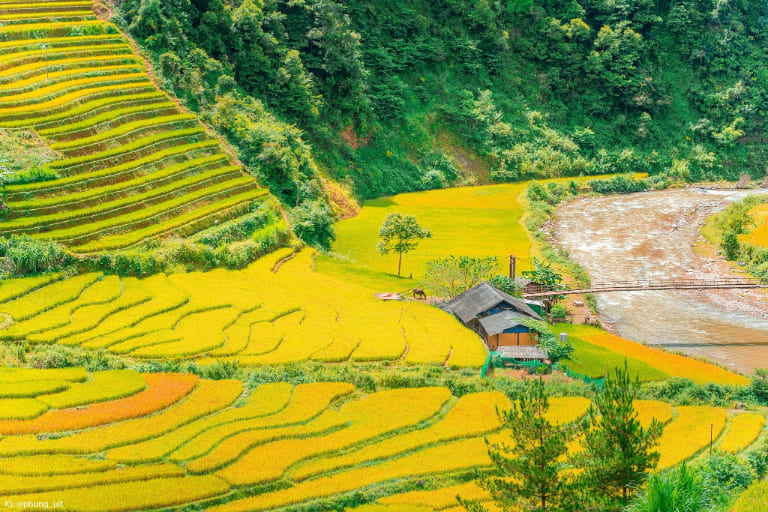
Why Choose the Sapa – Y Ty Loop?
Motorcyclists looking for a real and off-the-path adventure in northern Vietnam would find the Sapa – Y Ty Loop perfect. Although Sapa is a well-known travel destination, the loop lets visitors see some of the most unspoiled and gorgeous regions in the nation outside the town. Unlike the sometimes packed rice terraces of Mu Cang Chai, the terraces along this path are higher, steeper, and provide a more peaceful experience.
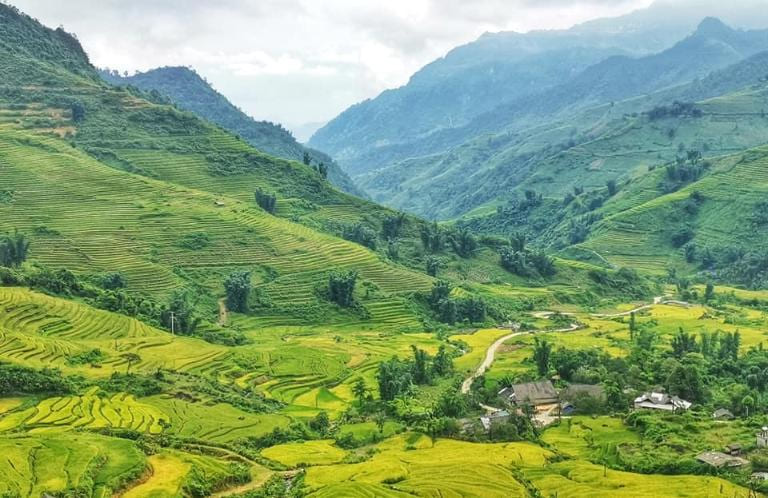
With meandering roads hugging the cliffs and climbing steep mountain passes, the rocky topography gives the trip some excitement. Though difficult, the journey pays off with vistas of wide valleys, verdant forests, and rivers winding across the rocky terrain. The proximity of the road to the Chinese border offers a special chance to see the geological and cultural variety of this area.
The Route: What to Expect about Y Ty Loop
- Total Distance: 195km
- Duration: 1-2 days
- Route Overview: From Sapa, a circle north passes via Y Ty and follows the Chinese border.
- Road Conditions: Paved back roads with occasional rocky portions; generally minimal traffic.
- Scenery: Majestic mountains, winding rivers, rice terraces falling from hilltop to minority villages.
Though starting from Sapa and moving clockwise is advised for the best experience, the itinerary can be completed either clockwise or counterclockwise. Two main route choices define the trip: a full loop returning via Lao Cai on QL4D or a modified ‘P’-shaped loop returning via DT158 with both routes merging at Sapa. Whichever path one takes, the overall distance stays about 195km.
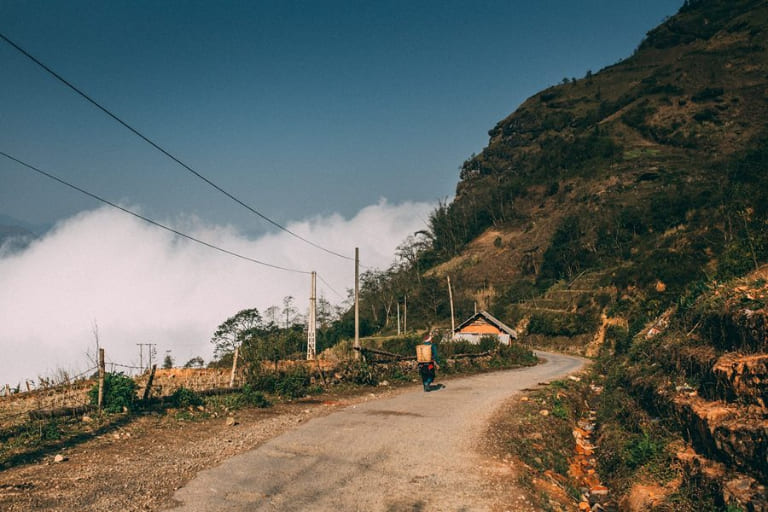
Planning Your Trip: Duration and Timing
While experienced riders might finish the Sapa – Y Ty Loop in one day, it is highly advised to spread the trip across two days. This gives time for rest and discovery as well as lets you completely appreciate the landscape and culture.
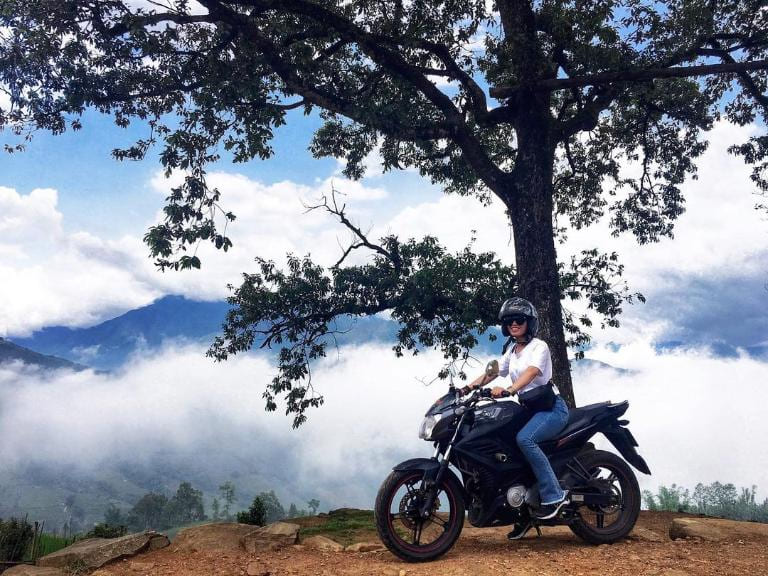
Starting early, you can spend the night at one of the several homestays around the loop and slowly negotiate the course. Particularly the Dao people, these lodging provide an opportunity to engage with the kind hospitality and traditional way of life of the ethnic minority groups living in the area.
Best Time to Visit
The mountains of northern Vietnam have a famously erratic weather. With ideal temperatures, minimal rain, and breathtaking natural hues, spring (March-May) and fall (September-October) are said to be the greatest times for this road journey. During these seasons, the rice terraces especially appeal; spring has rich green fields and fall shows golden, ready-to-harvest rice.
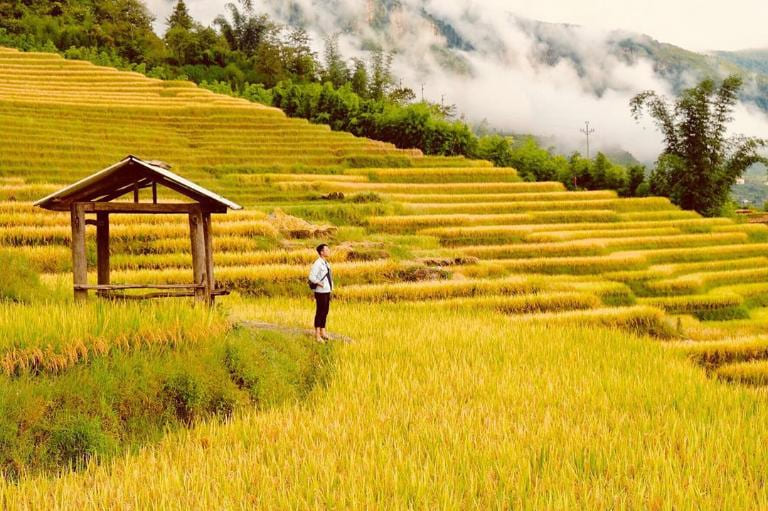
Road Conditions: What You Need to Know
Although about 70% of the Sapa – Y Ty Loop’s roads are in good condition, there are some difficult sections particularly following heavy rain. About 10km south of Y Ty, a particularly hard portion starts and runs roughly 40–50km towards A Mu Sung. Riders should exercise care even if this part is passable since it is prone to landslides, mud, and uneven ground.
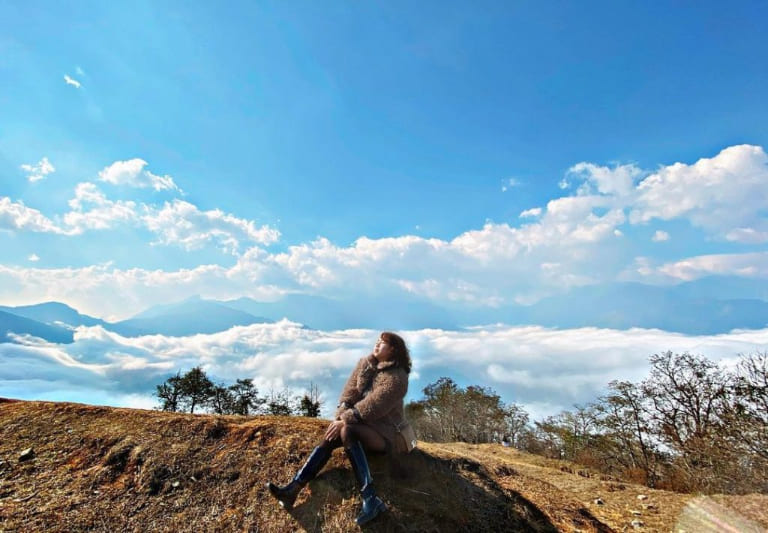
Another issue of worry is the area close to Muong Hum, where a river can cause road flooding. Under such circumstances, riders could have to choose a brief other path to avoid the impacted region. These difficult circumstances heighten the sense of adventure and emphasize the need of appropriate planning for a safe and fun journey.
Homestays and Accommodation Options
The chance to stay at traditional homestays along the Sapa – Y Ty Loop is among the highlights. Usually run by the local Dao ethnic group, these homestays offer simple yet cosy lodging with mattresses on wooden floor under mosquito nets in shared dorm rooms. Usually around 100,000 VND (a few bucks), prices are reasonable; home-cooked food runs between 100,000 and 200,000 VND.
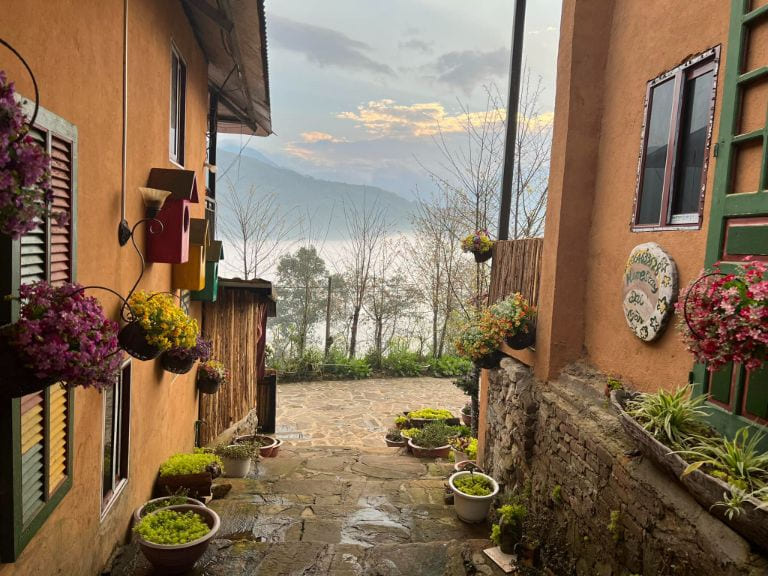
Usually signalled from the main road, homestays abound along roads DT155 and DT158 between the turn-off from QL4D and Y Ty. Remember there are no approved lodging choices from Y Ty to Ban Vuoc. After a hard day of riding, think about staying in one of the homestays that provide traditional Dao herbal baths (called locally as tắm lá thuốc người Dao), a relaxing and culturally enhancing exercise.
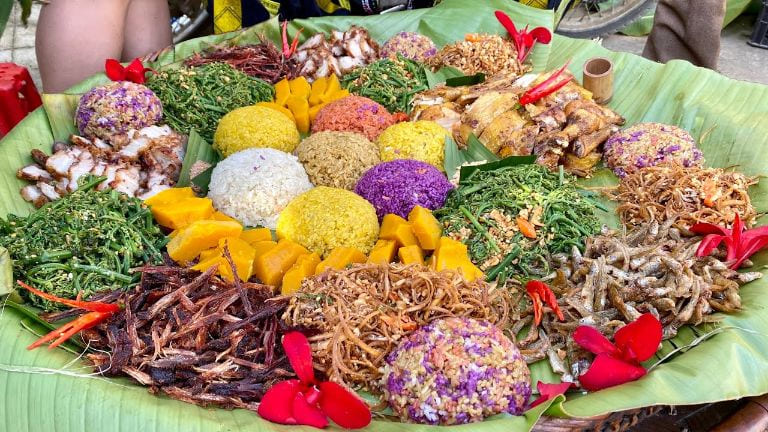
For travelers finishing the loop via Lao Cai, the city has a range of lodging choices, from mid-range hotels like Sapaly, close to the China border gate, to budget guesthouses near the train station and the more elegant Aristo International Hotel.
The Scenic Highlights of the Sapa – Y Ty Loop
The Sapa – Y Ty Loop takes you through some of Vietnam’s most breathtaking scenery, where rising mountains and rich valleys reach as far as the eye can view. Every part of the road presents special attractions:
Sapa to Y Ty (Approx. 80km)
Beginning at Sapa, the road offers vistas of some of the highest rice terraces in the area as it winds past high-altitude communities and through rich woodlands. Before arriving to the remote town of Y Ty, the road rises across mountain passes with expansive landscapes. Often referred to as the “Cloud Hunting Paradise,” Y Ty offers an ethereal environment—especially at dawn and dusk—and is renowned for its cloud-covere
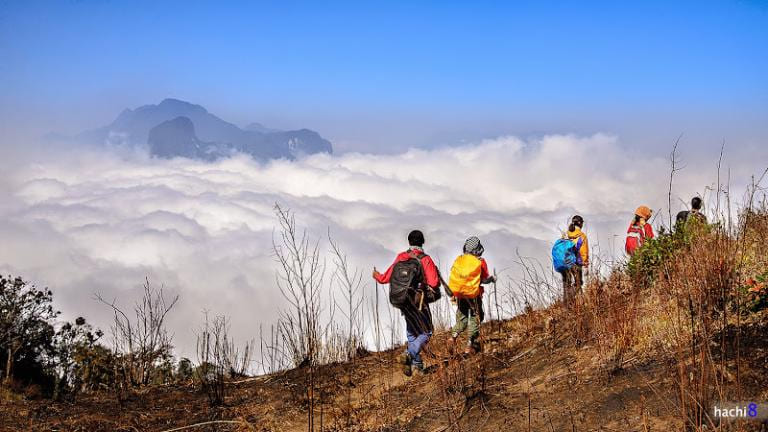
Y Ty to the Chinese Border (Approx. 50km)
From Y Ty, the road veers less-traveled and follows the Red River, which naturally divides Vietnam from China. Heading northeast from Y Ty With less cars and visitors, this secluded part presents a feeling of solitude and tough beauty. Steep cliffs, meandering rivers, and terraced crops appearing to tumble down the mountainside define the spectacular terrain.
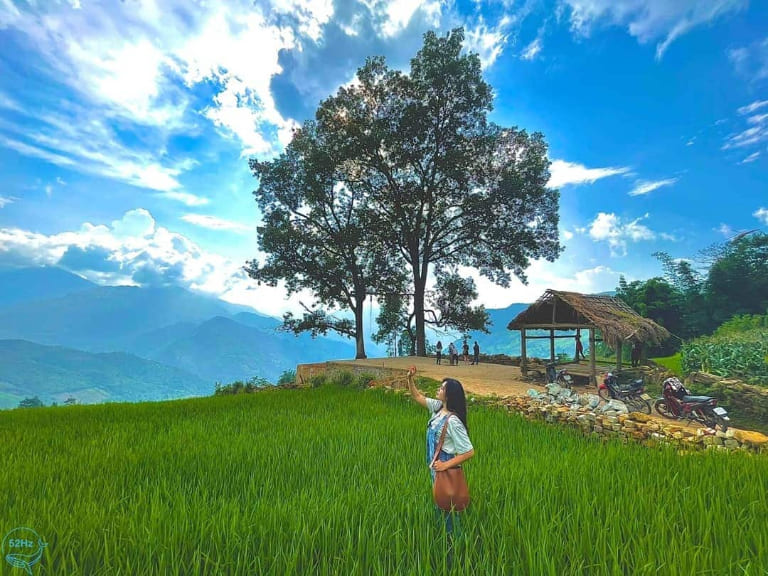
Returning to Sapa via Lao Cai or DT158 (Approx. 65km)
There two choices in the last stretch. Should you decide to do the whole loop via Lao Cai, the road gets more developed and the busy border city offers a window into local life and business. Alternatively, the path via DT158 leads you on calmer back roads that reverse your outward travel and return to Sapa along the picturesque DT155.
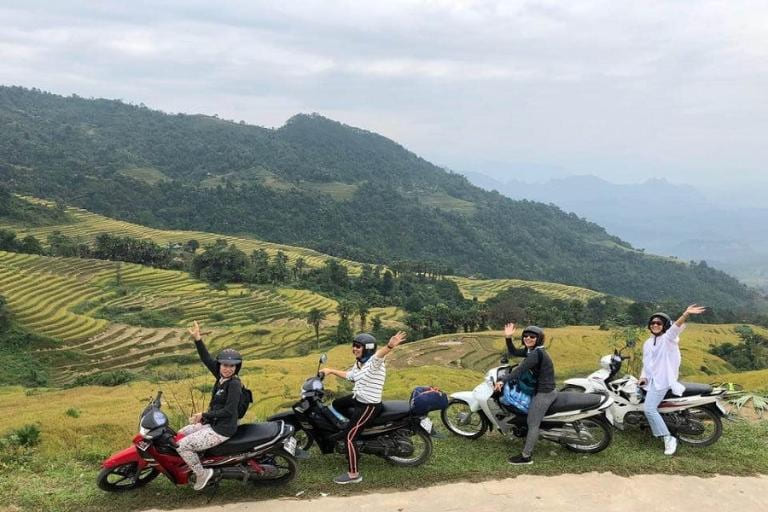
Tips for a Safe and Enjoyable Y Ty Loop Ride
Motorbike Rental and Preparation
Sapa has easy access to motorbikes; most hotels provide suggestions or rental facilities. Before starting the trip, make sure you pick a dependable bike fit for steep terrain and get any mechanical problems addressed.
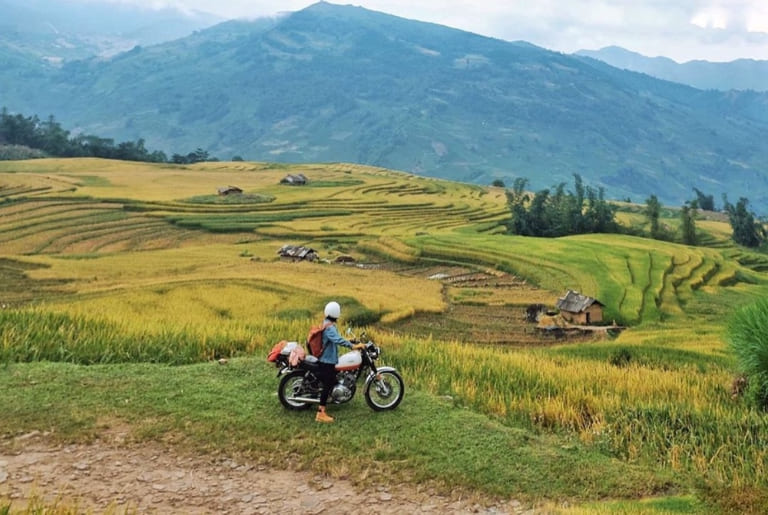
Weather Considerations
The northern highlands’ fast changing weather includes fog, rain, and even unexpected temperature decreases. Stow suitable clothing including warm layers, gloves, and a waterproof jacket. Although you should be ready for unanticipated circumstances, it’s smart to check the weather before leaving.
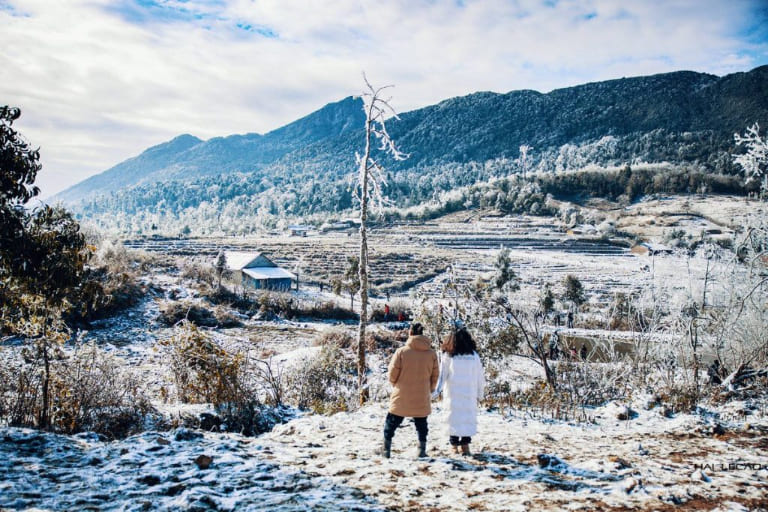
Safety Precautions
A certain degree of riding experience is advised considering the state of the roads in some regions. Always wear a helmet and steer clear of riding after dark since some routes may not be well-lit and vision can be limited. Since there can be extended stretches without services, also include some snacks and a simple first aid kit.
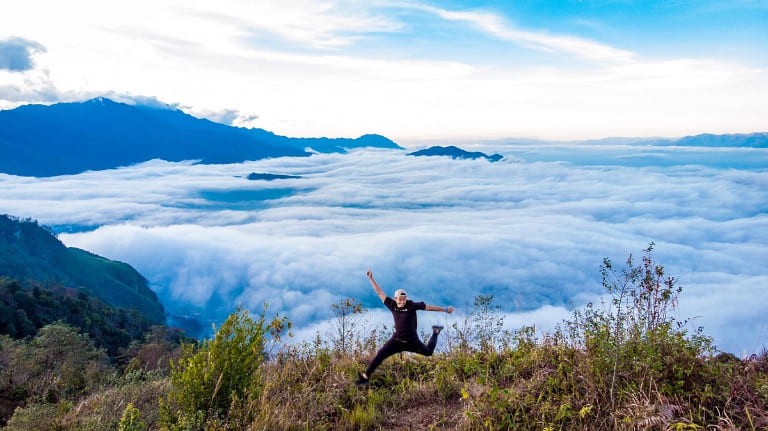
Respecting Local Customs
Watch local customs and behavior as you pass through ethnic minority communities. Before photographing individuals or private property, always get permission; also, think about helping nearby companies by making purchases of handcrafted goods or homestays.
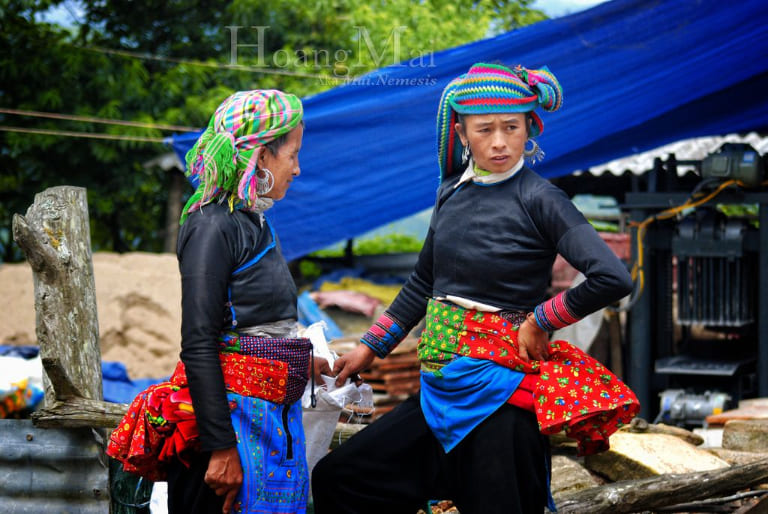
The Y Ty Loop invites exploration of a world of secret valleys, ancient customs, and breathtaking scenery, not only a road across northern Vietnam. The benefits are limitless for those ready to choose the less-traveled road—from peaceful beauty of nature unspoiled by time to cultural interactions with local populations.
Frequently Asked Questions (FAQs)
What is the best time of year to travel the Y Ty Loop?
September to October and March to May are the perfect months to traverse the Y Ty Loop when the weather is warm and the landscape is most breathtaking.
How long does it take to complete the Y Ty Loop?
Although the loop usually takes one to two days, it is advised to take your time to appreciate the sites along the road.
Are there accommodation options in Y Ty?
Indeed, Y Ty provides homestays where you could really experience local living. For more traditional accommodation, Lao Cai boasts hotels as well.
Is it safe to travel the Y Ty Loop during the rainy season?
Although it is rare, during heavy rain the roads might become slick and difficult, hence extra care is required.
What should I pack for the Y Ty Loop?
If you intend to trek, pack waterproof gear, a camera, appropriate for different temperature apparel, and strong shoes.
Related Posts:






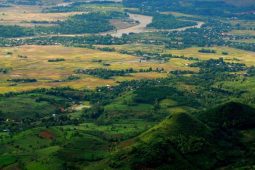

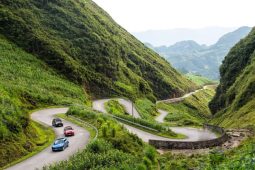


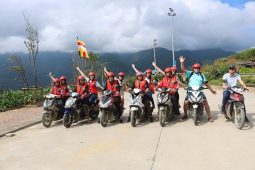
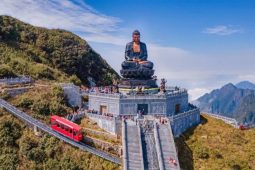
Be the first to comment!